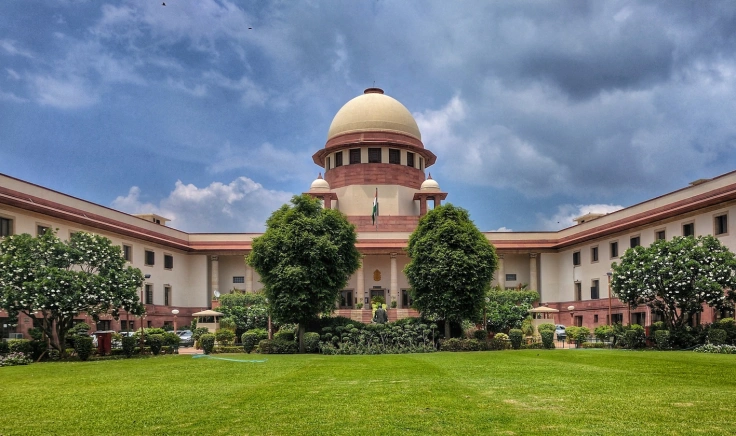The Supreme Court on Wednesday reaffirmed the right of every citizen to be treated with dignity when interacting with law enforcement, holding that a Tamil Nadu police inspector’s refusal to register a first information report (FIR) and use of abusive language constituted a serious breach of fundamental rights.
A Bench comprising Justices Abhay S. Oka and Ujjal Bhuyan dismissed a petition filed by Pavul Yesu Dhasan, then Inspector of Police at Srivilliputhur, who had challenged the Tamil Nadu State Human Rights Commission (TNSHRC)’s order and a subsequent Madras High Court judgment. Both had held the officer accountable for his inaction and misconduct, directing a ₹2 lakh compensation to be paid to the victim—recoverable from the inspector himself.
The case stems from a 2013 incident in which the complainant approached the Srivilliputhur police station to report cheating and embezzlement amounting to ₹13 lakh. Despite disclosing a cognizable offence, the police refused to file an FIR. Upon returning later that day, the complainant—accompanied by his parents—was reportedly subjected to delay and humiliation, culminating in the inspector’s verbal abuse of his mother.

“Every Citizen Deserves Dignity”: SC on Article 21
The Supreme Court’s strongly worded judgment underscored the constitutional obligation of police officers to respond to cognizable offences without delay or discrimination. Referring to Article 21 of the Constitution—which guarantees the right to life and personal liberty—the Bench stated:
“Every citizen of India who goes to the police station to report commission of an offence deserves to be treated with dignity. That is his fundamental right under Article 21 of the Constitution of India.”
The Court also cited Section 2(1)(d) of the Protection of Human Rights Act, 1993, to classify the incident as a clear human rights violation. “The facts of this case, to say the least, are shocking,” the Bench observed, adding that “the petitioner being a senior officer ought to have immediately registered the First Information Report.”
ALSO READ: Call for Cyber Experts: Join FCRF Academy as Trainers and Course Creators
Importantly, the Court dismissed the inspector’s argument that refusal to file an FIR did not amount to a human rights violation, asserting that denial of a legal remedy and subjecting a complainant to humiliation falls within the ambit of constitutional and human rights violations.
State Accountability and a Message to Law Enforcement
The SHRC’s decision had directed the Tamil Nadu government to pay ₹2 lakh to the victim, clarifying that this amount would be recoverable from the erring inspector. The Supreme Court upheld this arrangement, reinforcing the doctrine of state responsibility while ensuring individual accountability within the police force.

This ruling adds to a growing body of jurisprudence that calls for stricter enforcement of police duties and higher ethical standards in citizen-police interaction. Legal experts have noted that this judgment may serve as a precedent for future human rights claims arising from police inaction and misconduct.

